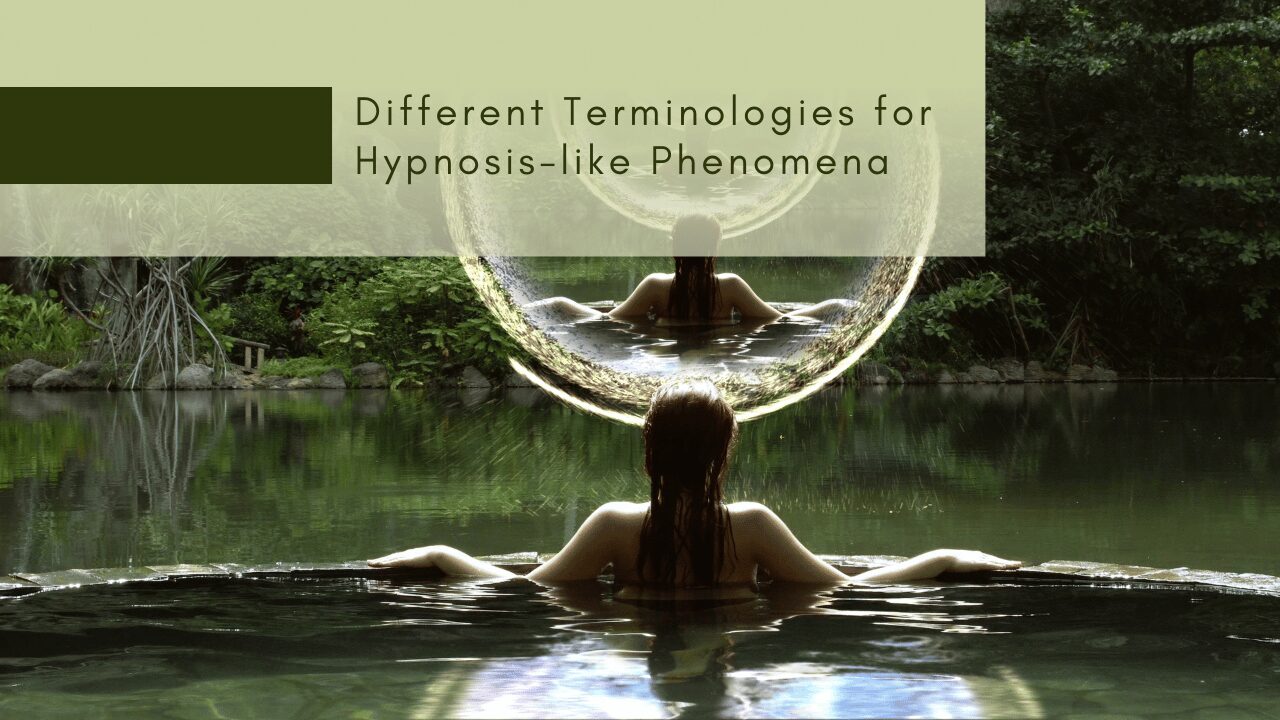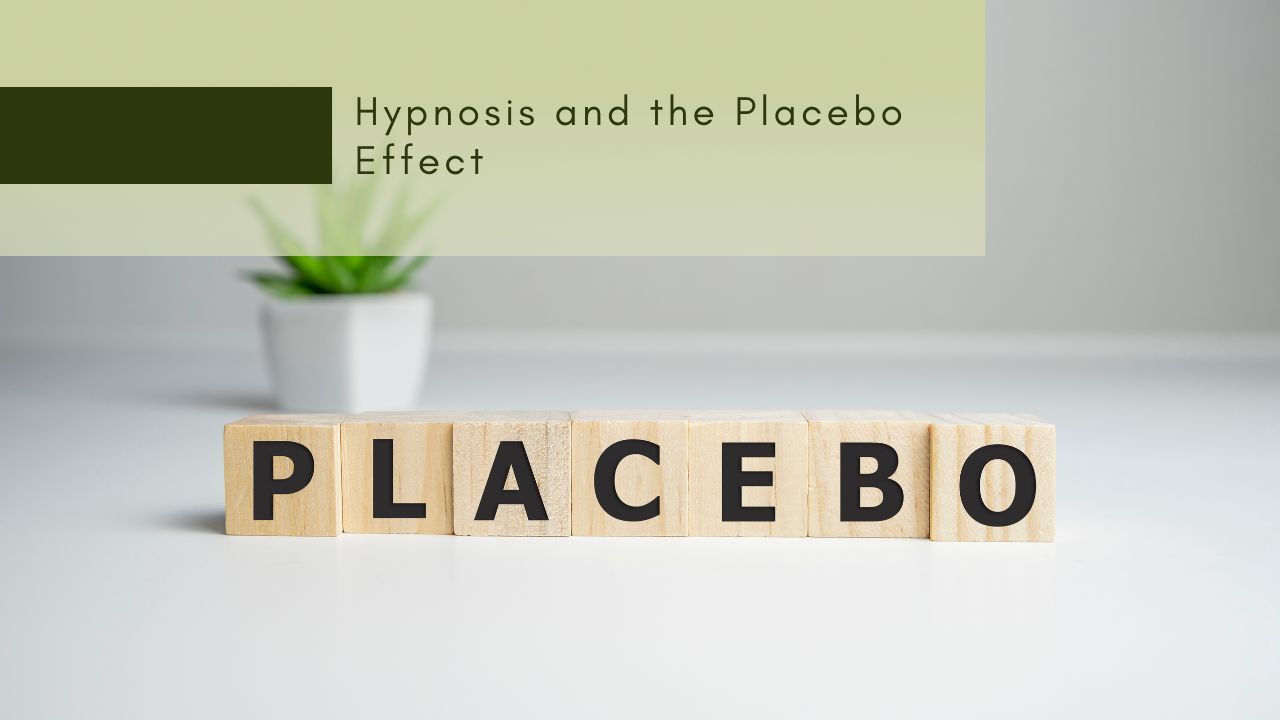Across cultures, hypnosis-like phenomena are described using various terminologies, metaphors, and frameworks that reflect the unique cultural perspectives and beliefs of each society. The following are some examples:
Trance States
Many cultures use the concept of trance states to describe altered states of consciousness similar to those induced in hypnosis. These states may be referred to using different terms, such as “trance,” “ecstasy,” “possession,” or “altered consciousness,” depending on the cultural context.
Spiritual Possession
In cultures with strong spiritual or religious beliefs, altered states of consciousness may be interpreted as spiritual possession or communication with supernatural entities. Terms like “possession,” “channeling,” or “mediumship” may be used to describe these experiences.
Mind-Body Connection
Cultures that emphasize the interconnectedness of mind, body, and spirit may use metaphors related to energy flow, balance, or harmony to describe hypnosis-like phenomena. Terms like “qi,” “prana,” or “life force” may be employed to explain the effects of altered states of consciousness on health and well-being.
Symbolic Imagery
Cultural symbols, myths, and folklore may be used to describe and interpret hypnosis-like experiences. Metaphors drawn from nature, mythology, or traditional stories may be employed to make sense of altered states of consciousness and their significance.
Healing Metaphors
In cultures with rich healing traditions, hypnosis-like phenomena may be described using metaphors related to healing, transformation, or purification. Terms like “cleansing,” “rebirth,” or “renewal” may be used to convey the therapeutic effects of altered states of consciousness.
Community Rituals
Altered states of consciousness may be integrated into communal rituals and ceremonies in many cultures. Terms like “ritual trance,” “ceremonial ecstasy,” or “collective consciousness” may be used to describe the shared experience of entering altered states of consciousness as a group.
Shamanic Practices
In cultures with shamanic traditions, altered states of consciousness are often central to spiritual healing and divination practices. Terms like “journeying,” “soul flight,” or “spiritual awakening” may be used to describe the shaman’s experience of entering trance-like states to access spiritual realms.
The above are just a few examples of the diverse terminologies, metaphors, and frameworks used to describe hypnosis-like phenomena across cultures. Each culture has its own unique way of understanding and interpreting altered states of consciousness, shaped by its history, beliefs, and worldview.




